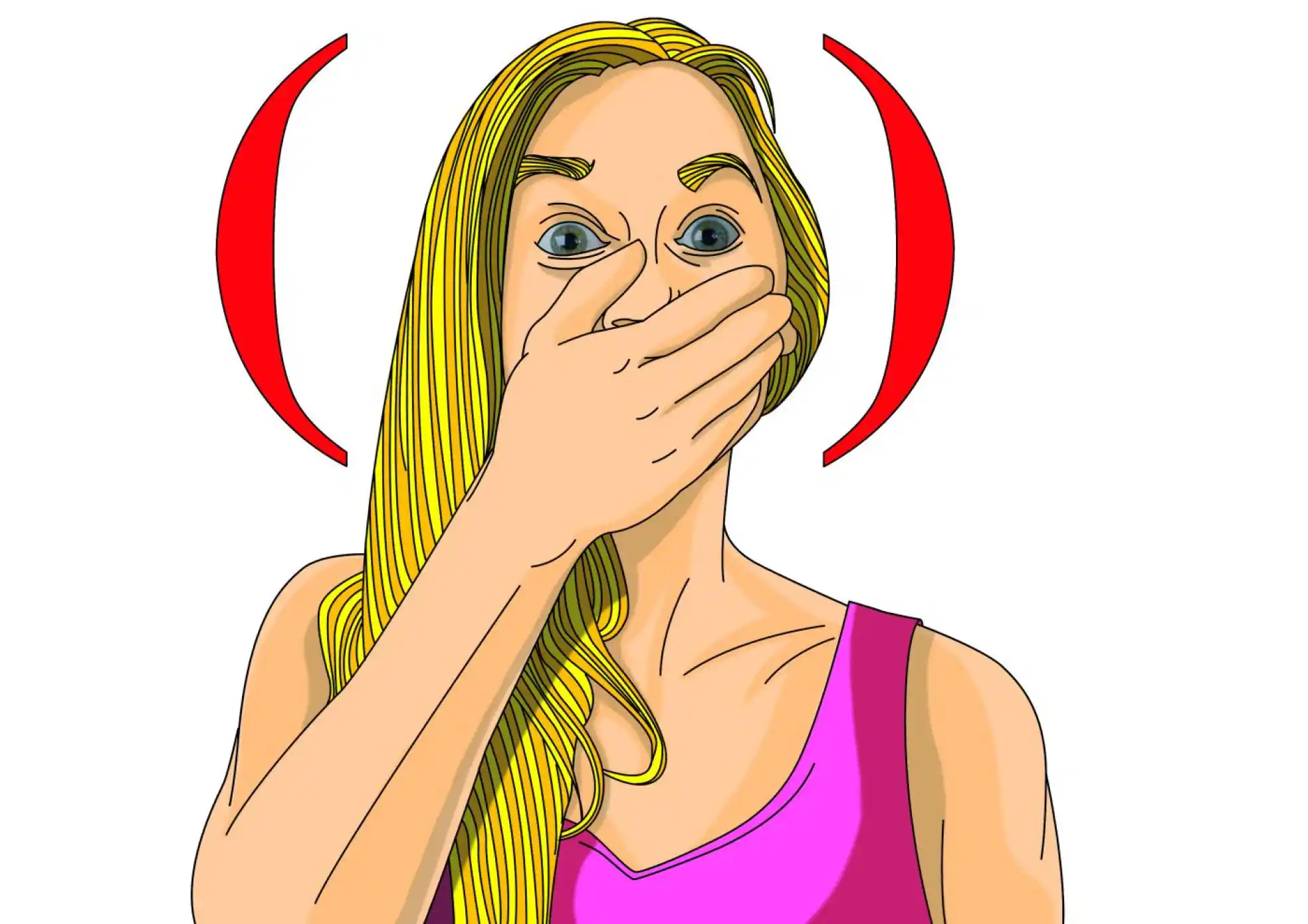

Sections
Highlight

CARMEN BARREIRO
Friday, 3 February 2023, 12:35
Everyone will have had hiccups at some time in their life, maybe even before they were born, while still in their mother's womb.
That annoying 'hic-hic-hic' that can happen unexpectedly anywhere and in any situation and which we are often unable to control despite a thousand supposed remedies from all over the world, "disappears within a few minutes and it is not medically important, just uncomfortable and sometimes embarrassing," says Dr Fidel Fuentes, who is the head of the Emergency Department at the Igualatorio Médico Quirúrgico (IMQ).
An attack of hiccups can be defined as "a repeated, involuntary and spasmodic contraction of the inspiratory muscles, followed by a sudden closure of the glottis, which causes that characteristic sound when the air is pushed with force from the lungs.
The curious thing is that in reality hiccups have no known physiological function and in seven out of ten cases the reason they occur is digestive," explains Dr José Tomás Gómez Sáenz, the national coordinator of Semergen, the Respiratory Working Group of the Spanish Society of General Practitioners.
Experts say that the majority of cases of hiccups, which are more common in children than adults, are benign and are generally triggered by gastric distension after eating too much, drinking fizzy drinks or eating spicy foods.
They can also be caused by aerophagia problems, sudden changes of food temperatures, alcohol consumption, smoking and even by stressful situations.
"However, they do respect our sleep," Dr Gómez points out.
Have you ever noticed, any time you have had an attack of hiccups, that there is a certain rhythm to them?
"Hiccups usually occur between four and 60 times a minute and the rhythm is normally always the same in each person. In more than 80 per cent of cases it depends on an isolated contraction of the left hemidiaphragm followed by an arch reflex in which several nerves participate with a final stimulus that ends in the nerves that contract the diaphragm and glottis," says Dr Gómez Sáenz.
"If hiccups are affecting the quality of a patient's life or they last for more than two days it is best to see a doctor to check what is happening," Dr Fuentes recommends.
In fact, the length of the attack is a determining factor when it comes to evaluating how serious this common symptom is.
"If the hiccups last less than two days, there are no other complications and they stop on their own, they are transitory.
If they last for more than 48 hours they are considered persistent and should be checked out.
It can also happen that the attacks come and go but they occur more frequently, last longer or even continue for more than a month.
If that is the case we would be talking about what we call intractable, refractory or rebellious hiccups and those usually have an organic basis and should be investigated," says Dr Gómez.
This type of hiccup is uncommon (one per cent of cases) and occurs almost exclusively in adult men.
It may be due to changes to the nervous system or through gastrointestinal, thoracic, cardiac, psychogenic or even toxic causes. It is more common in patients with Parkinson's (20 per cent) or gastric reflux (10 per cent).
It also occurs in about four per cent of patients with advanced tumours.
Dr Gómez says there are more than one hundred supposed remedies for hiccups, "although it is doubtful that many of them are of any use".
The suggested ways to stop hiccups range from sipping water to eating sugar lumps or sneezing.
"They don't do any harm. Most are innocuous, but often you don't know whether the hiccups stop because of the remedy or because they were going to anyway," says Dr Fidel Fuentes.
Most of these tricks have something in common, which is that they intervene in some way in the muscles which trigger the uncomfortable hic-hic-hic.
The most common 'remedies' are breathing into a paper bag, straining as if you were on the toilet, pressing your ears and closing your eyes, holding your breath for a few seconds or putting a cold key on your bare back.
In the case of hiccups which are caused by alcohol consumption, drinking something bitter is often recommended.
However, if the hiccups don't stop after a short time and can be considered persistent, "the treatment will probably be medication," both the experts agree.
¿Ya eres suscriptor/a? Inicia sesión
Publicidad
Noticia Patrocinada
Publicidad
Juan Cano, Sara I. Belled y Clara Privé
Encarni Hinojosa | Málaga
Esta funcionalidad es exclusiva para suscriptores.
Reporta un error en esta noticia
Comentar es una ventaja exclusiva para registrados
¿Ya eres registrado?
Inicia sesiónNecesitas ser suscriptor para poder votar.